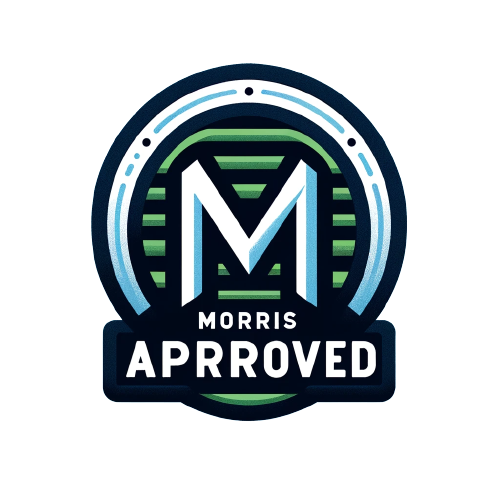In today’s competitive business landscape, achieving and maintaining a high standard of quality is not just an advantage; it’s a necessity. Quality certification services offer a pathway to not only meet but exceed industry standards, ensuring your products, services, and processes stand out in the marketplace. This comprehensive guide aims to demystify quality certification services, providing you with practical insights into how they can propel your business to new heights.
Understanding Quality Certification Services
At its core, quality certification is an official recognition awarded by a reputable third-party body that verifies a company adheres to a specified standard of quality in its operations, products, or services. This recognition is not merely a one-time accolade but a continual commitment to excellence, requiring regular audits and reassessments to maintain the certification.
The Role of International Standards
International standards like ISO 9001, the most widely recognized quality management system standard, play a pivotal role in quality certification. These standards provide a framework for companies to ensure they meet customer and regulatory requirements while striving for continual improvement. Other notable standards include ISO 14001 for environmental management, ISO 27001 for information security management, and ISO 22000 for food safety management, each catering to specific industry needs.
Benefits of Quality Certification Services
Obtaining a quality certification can significantly enhance your company’s operational efficiency, reduce waste, increase customer satisfaction, and improve your competitive advantage. It signals to stakeholders, including customers, suppliers, and regulators, that your business is committed to excellence and reliability. Furthermore, in many sectors, certification is a prerequisite for tendering for business, making it an essential credential for expanding your market reach.
Navigating the Certification Process
Embarking on the journey to obtain quality certification might seem daunting, but with the right approach, it can be a rewarding endeavor. Here’s a simplified overview to help you get started:
- Identify the Appropriate Standard: Select the standard that aligns with your business goals and industry requirements.
- Gap Analysis: Assess your current operations against the chosen standard to identify areas for improvement.
- Implementation: Develop and implement a quality management system (QMS) or improve your existing system in line with the standard’s requirements.
- Internal Audit: Conduct an internal audit to ensure your QMS complies with the standard and identify any areas for improvement.
- Choose a Certification Body: Select an accredited certification body to perform the external audit.
- External Audit: The certification body will review your QMS and operations. If you meet the requirements, they will issue the certification.
- Continual Improvement: After certification, continue to monitor and improve your processes to maintain compliance and certification status.
Practical Tips for Success
- Engage Your Team: Success in achieving certification relies on the involvement and commitment of your entire team. Ensure they are trained and understand the importance of the certification.
- Choose the Right Partner: Selecting a reputable and accredited certification body is crucial. Research and choose one that is well-recognized in your industry.
- Document Everything: Good documentation practices are vital. Ensure your processes, changes, and improvements are well-documented and accessible.
- Embrace the Journey: View the certification process as an opportunity for improvement rather than a hurdle. It’s a chance to enhance your business processes and customer satisfaction.
Beyond Certification: Sustaining Excellence
Achieving certification is a significant milestone, but the journey doesn’t end there. Maintaining and improving your quality management system is essential for sustaining the benefits of certification. Regular internal audits, continuous training for your team, and a culture of continuous improvement are key to retaining the competitive edge and customer trust that certification brings.
Conclusion
Quality certification services are not just about obtaining a badge of honor; they’re about embedding a culture of excellence within your organization. They offer a structured path to not just meet but exceed customer expectations, enhance operational efficiency, and navigate the complexities of compliance with confidence. By understanding the importance, benefits, and process of obtaining quality certification, and by committing to continual improvement, your business can unlock new levels of success.
In navigating the waters of quality certification, remember that it’s a journey of transformation. It’s about building a resilient, customer-focused, and efficient organization that stands out in a crowded marketplace. Whether you’re on the brink of pursuing certification or seeking to maintain and enhance your current certification status, the commitment to quality is a continual voyage towards excellence.
As you move forward, consider the insights and practical tips provided as a compass guiding your strategy. Embrace the standards that align with your business goals, involve your team in the journey, and choose the right partners to accompany you. Quality certification is not just a milestone; it’s a stepping stone towards sustainable growth and competitive advantage.
Your path to excellence is paved with the commitment to quality. Let quality certification services be the catalyst that propels your business into a future where excellence is not just pursued but achieved and celebrated. Embrace the journey, and unlock the potential that quality certification holds for your business.

